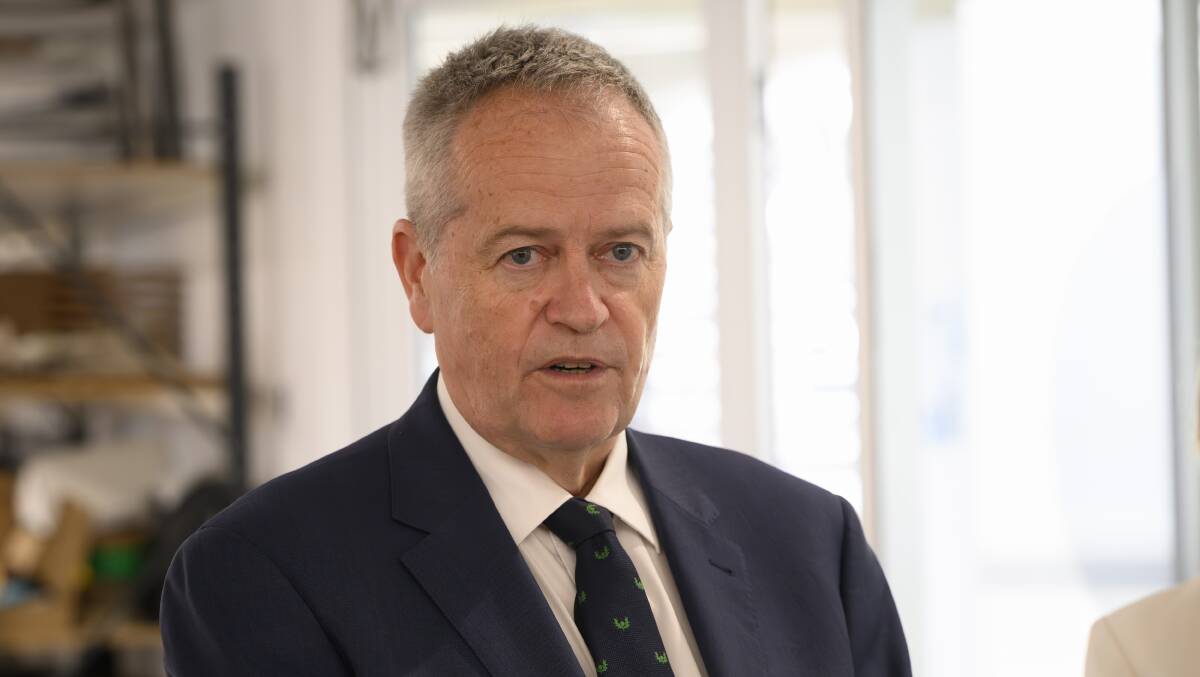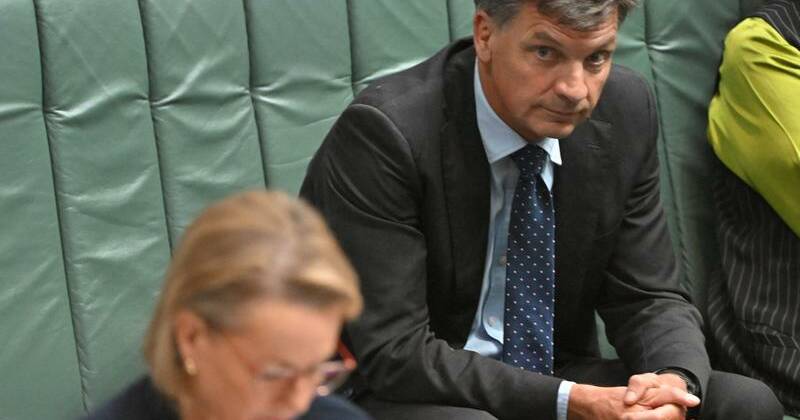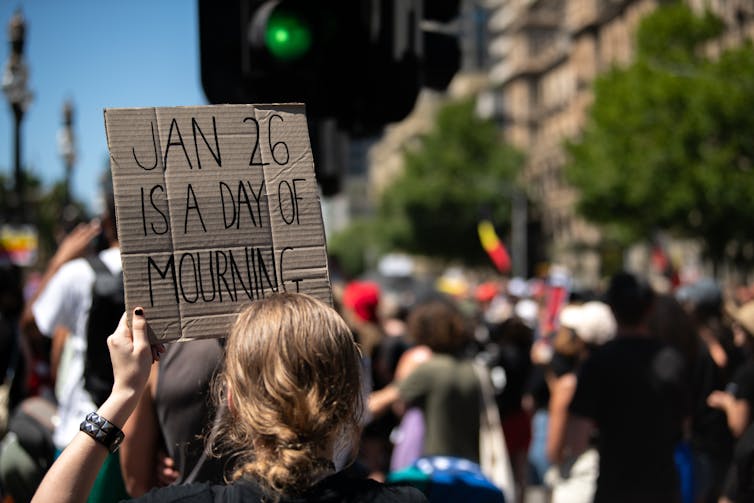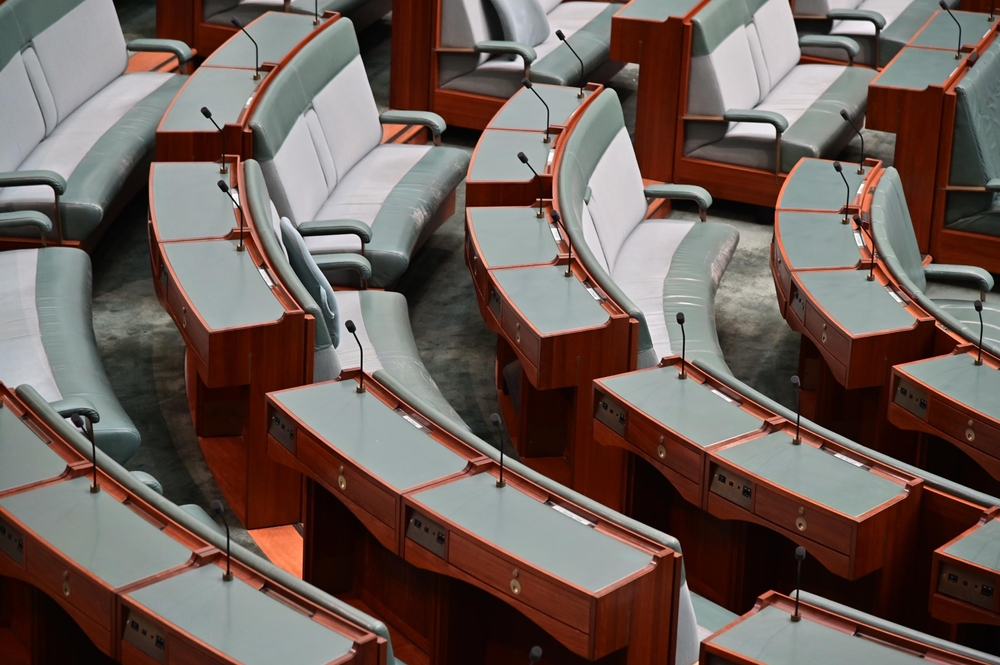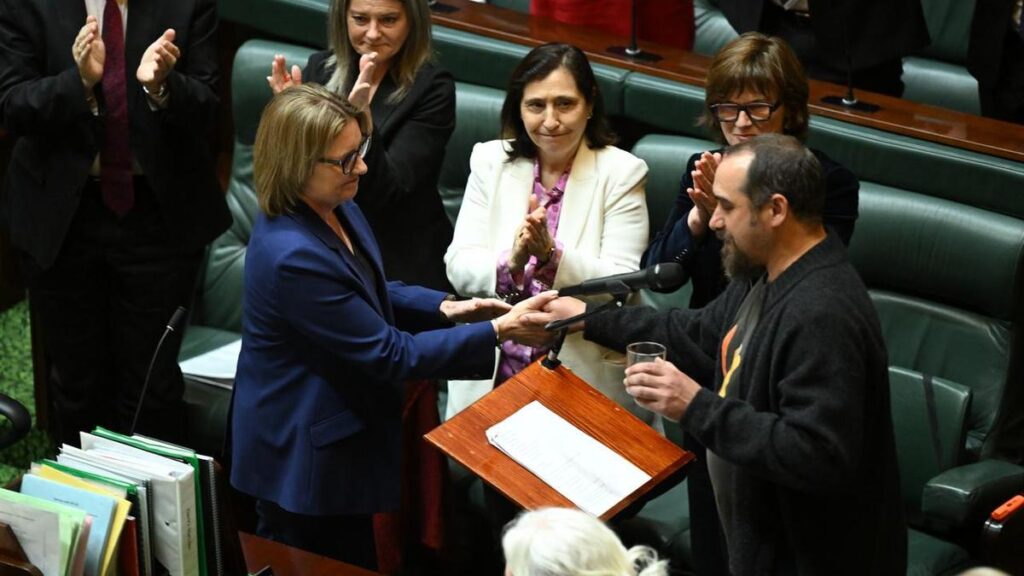
Australia has reached a significant milestone with the passage of its first treaty legislation, marking a historic moment in the country’s relationship with its Indigenous communities. The bill successfully passed in the upper house of the Victorian Parliament late on Thursday, prompting celebrations among supporters present in the public gallery.
Jacinta Allan, the Premier of Victoria, announced that the treaty would soon be signed by the state government alongside the First Peoples’ Assembly of Victoria. “Treaty gives Aboriginal communities the power to shape the policies and services that affect their lives,” Allan stated, emphasizing the importance of self-determination for Indigenous peoples.
Details of the Treaty Legislation
Under the terms of the treaty, the state’s Indigenous representative body will become a permanent institution with expanded powers. Named Gellung Warl, which translates to “tip of the spear” in the Gunaikurnai language, this body will serve as a crucial voice in the state parliament. The government will be required to consult Gellung Warl on laws and policies that impact Aboriginal Victorians.
Despite the new name, the organization will continue to operate as the First Peoples’ Assembly of Victoria from a dedicated space within the Victorian Parliament. The assembly’s co-chair, Ngarra Murray, who identifies with the Wamba Wamba, Yorta Yorta, Dja Dja Wurrung, and Dhudhuroa peoples, expressed joy at the passing of the legislation.
“This is a historic moment for our people. We will tell our children about today, and they will tell their children, passing down to future generations the story of how decades of Aboriginal resilience and activism led to Australia’s first treaty,” Murray remarked. She emphasized that the treaty represents a new era, one that respects and celebrates the rich history and culture of First Peoples.
Significance and Future Implications
The in-principle agreement is the culmination of nearly a year of discussions between the Victorian government and the First Peoples’ Assembly, following a state truth-telling inquiry that revealed the ongoing mistreatment of Aboriginal peoples since colonization. This legislative achievement is viewed as a step toward reconciliation and acknowledgment of historical injustices.
Ellen Sandell, the leader of the Greens party, described the bill’s passage as a “historic and special moment” for First Nations people. “Aboriginal people are the experts in their own communities, and treaty is about recognizing and embracing that truth. When people are empowered to make choices about what works best for their communities, everyone thrives,” Sandell noted.
Despite the enthusiastic reception of the treaty, political opposition remains. Victoria’s opposition party has pledged to repeal the treaty within 100 days if they are elected in the upcoming elections scheduled for November 2026. This commitment adds a layer of uncertainty to the treaty’s future implementation and reflects the ongoing debates surrounding Indigenous rights in Australia.
As Victoria moves forward with this landmark legislation, the focus will be on ensuring that the voices of Aboriginal communities are not only heard but integrated into policy-making processes that affect their lives. The passage of the treaty represents a crucial step towards a more equitable and inclusive governance structure in Australia.
